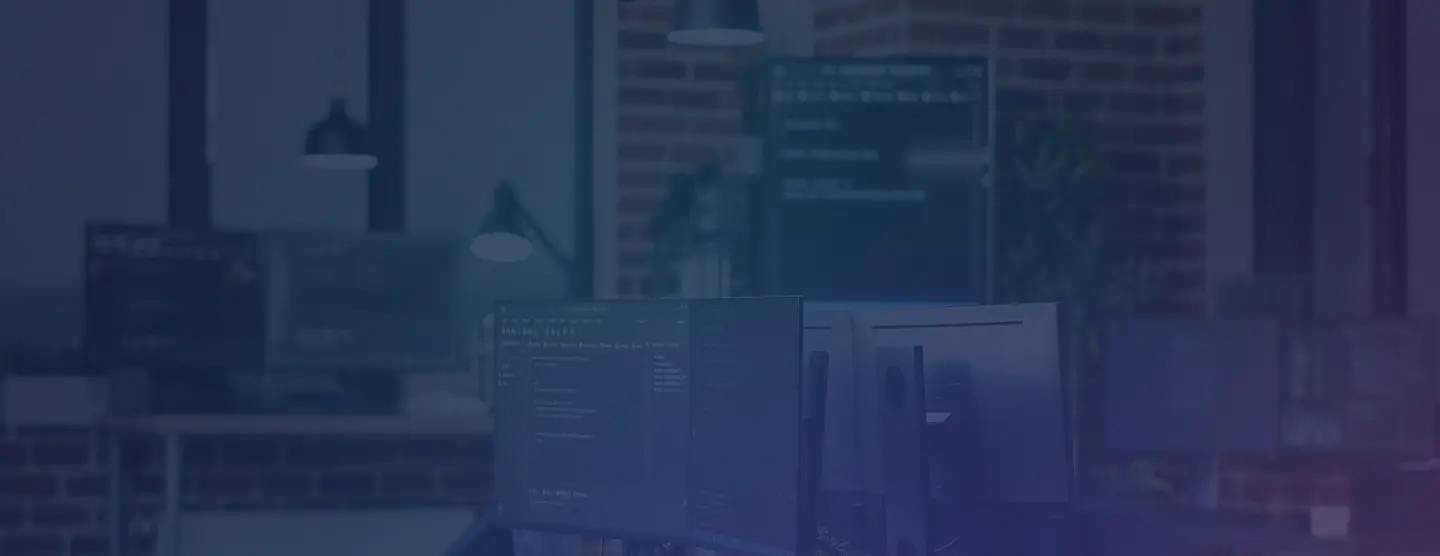
Right solutions for all of your website needs
Our Products
Shared Hosting,VPS & Dedicated Server
Starts at $0.95
SSD Shared Hosting
We offer SSD Shared hosting services with all the additional features you need to build your website quickly and safely.
Starts at $1.99
VPS Hosting
VPS hosting services with dedicated virtual servers gives you the freedom and confidence to run a successful website.
Starts at $40.95
Dedicated Servers
HostSailor’s fully customizable dedicated servers can help you have your website up and running in a matter of days.
Domain Names
At HostSailor, your domain name is more than a URL; it’s the core of your online identity. It defines your brand, builds trust, and connects you with your audience. Our experts simplify the process of choosing and registering the perfect domain for your business. We help you find a name that is concise, relevant, and easy to remember. If your preferred domain is unavailable, we provide smart alternatives to keep your vision intact. With reliable support and advanced tools, HostSailor ensures your online journey begins with a powerful digital identity that reflects your brand’s true potential.
SSL Certificates
Purchasing an SSL certificate (Secure Sockets Layer) is the first step to protecting your website and your visitors’ trust. An SSL certificate encrypts data transferred between your site and its server, ensuring that sensitive information such as personal details, passwords, and payment data remains secure. It also boosts your site’s credibility and improves search rankings by signaling safety to users and browsers alike. With HostSailor, you can safeguard your online presence and give every visitor the confidence to browse, interact, and transact securely.
We provide
Personalized Hosting Services Based on Fast, Secure & Scalable Servers
Up to 80% OFF on VPS & Hosting Plans Double RAM & Disk Free Extra Months Limited-Time Offer
Hosting That Works for You
Whether you need shared hosting, VPS hosting, or dedicated servers, HostSailor provides solutions tailored to your goals. Our hosting plans are reliable, scalable, and built for optimal website performance.
24/7 Expert Technical Support
We know your website can’t afford downtime. That’s why our 24/7 tech support team is always available to assist you with any issue. Get quick, expert help whenever you need it, day or night.
Rock-Solid Security
Protect your data with secure servers powered by advanced encryption and real-time threat monitoring. HostSailor keeps your information safe from cyber threats, giving your users the confidence they deserve.
Guaranteed 99.9% Uptime
Enjoy ultra-reliable hosting with a guaranteed 99.9% uptime. Our servers are engineered for continuous operation, so your website stays online and performs flawlessly around the clock.
Testimonials
Customers Growing
With HostSailor
The Sailors Promise
Reliable Web Hosting You Can Trust
At HostSailor, we deliver dependable and high-performance hosting solutions that power your website with stability, speed, and security. Our mission is to keep your business online and running flawlessly every moment of the day.
99.9% Uptime Guarantee
Downtime can cost you opportunities, so we make sure your website stays accessible with a 99.9% uptime guarantee. Our servers are built on redundant systems and proactive monitoring to ensure continuous performance for every visitor, anytime.
24/7 Tech Support
Get help when you need it most with round-the-clock technical support. Our hosting experts are available 24/7 via chat, phone, or email to resolve issues quickly, guide configurations, and keep your site running at peak efficiency.
100% Money Back Guarantee
Your satisfaction is our top priority. If your web hosting plan, VPS, or dedicated server does not perform as promised, we’ll refund your payment in full. At HostSailor, you get reliable service backed by complete confidence and trust.
Grow With Us
As Seen On





Subscribe to Stay up to date with News & Discount offers

Company
Products
Contact
- Reg. No: IBC/03/14/8150
- Suite No: 1605, Churchill Executive Tower, Burj Khalifa Area, Dubai P.O. Box 98362, United Arab Emirates
- +164 6 518 9099
All Rights Reserved to HostSailor © 2025
